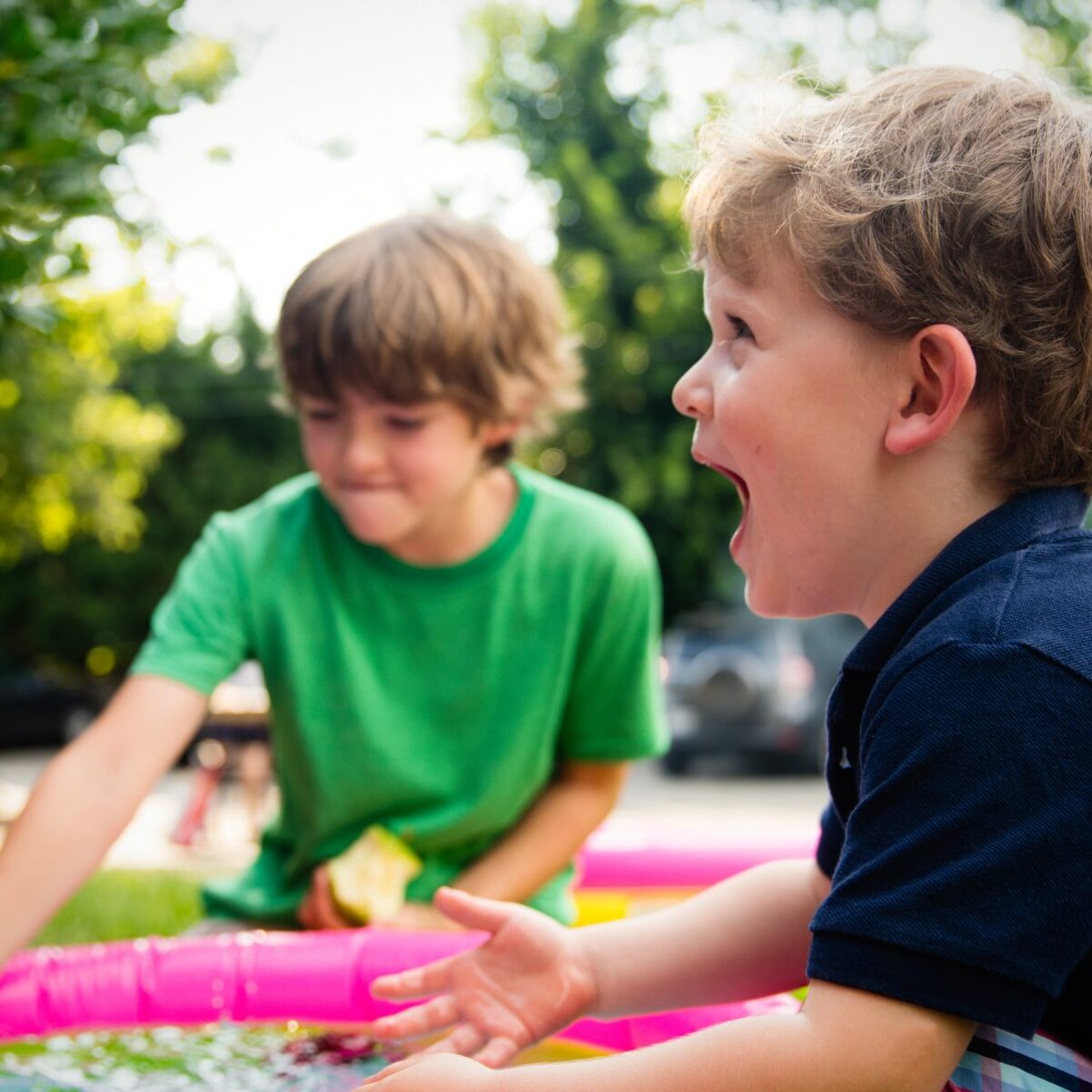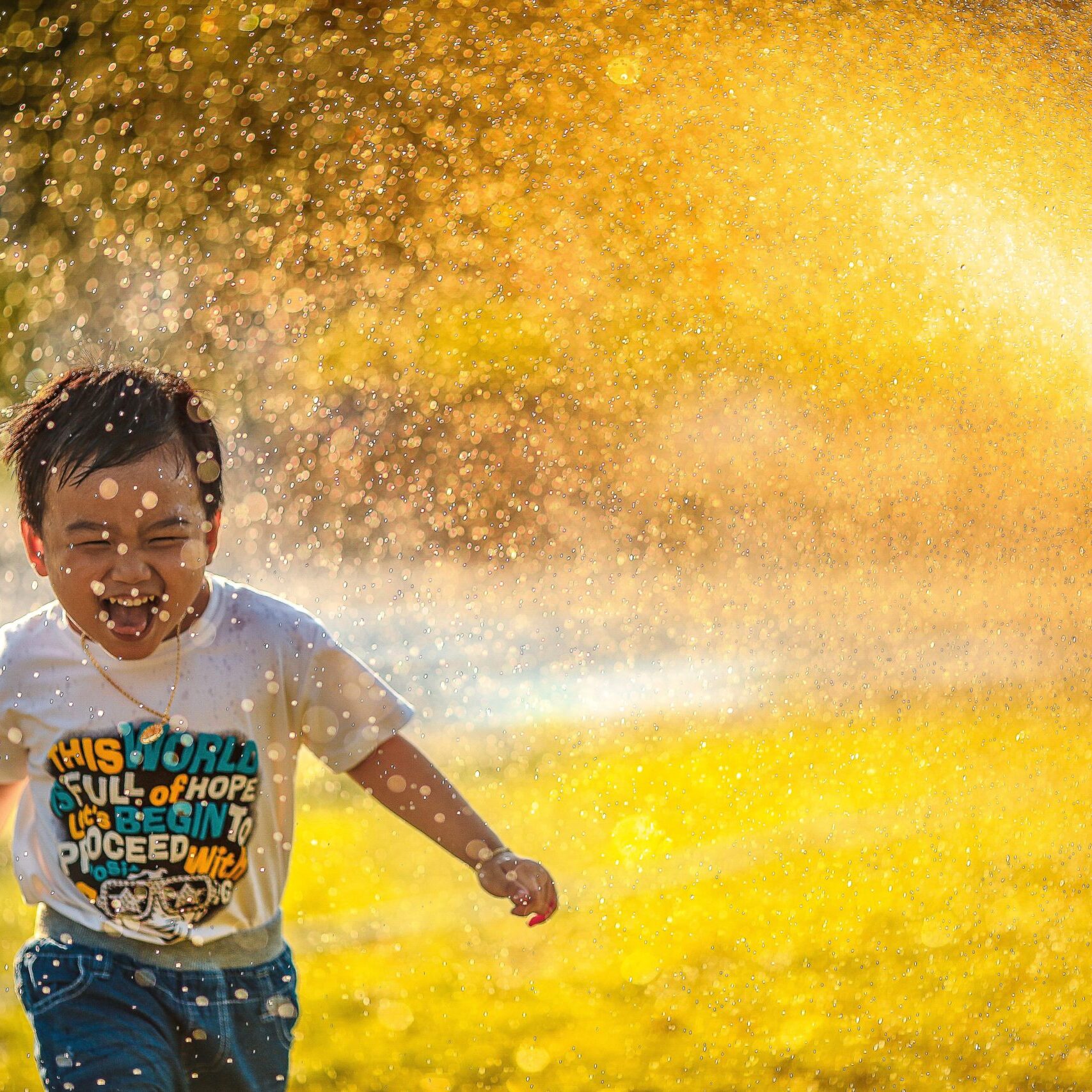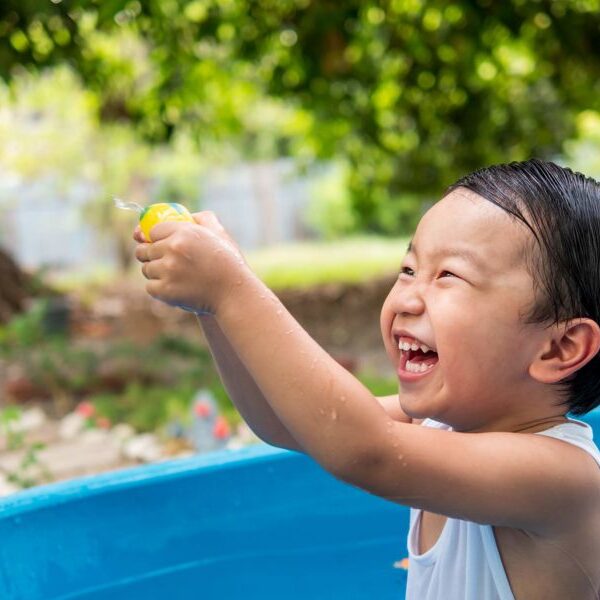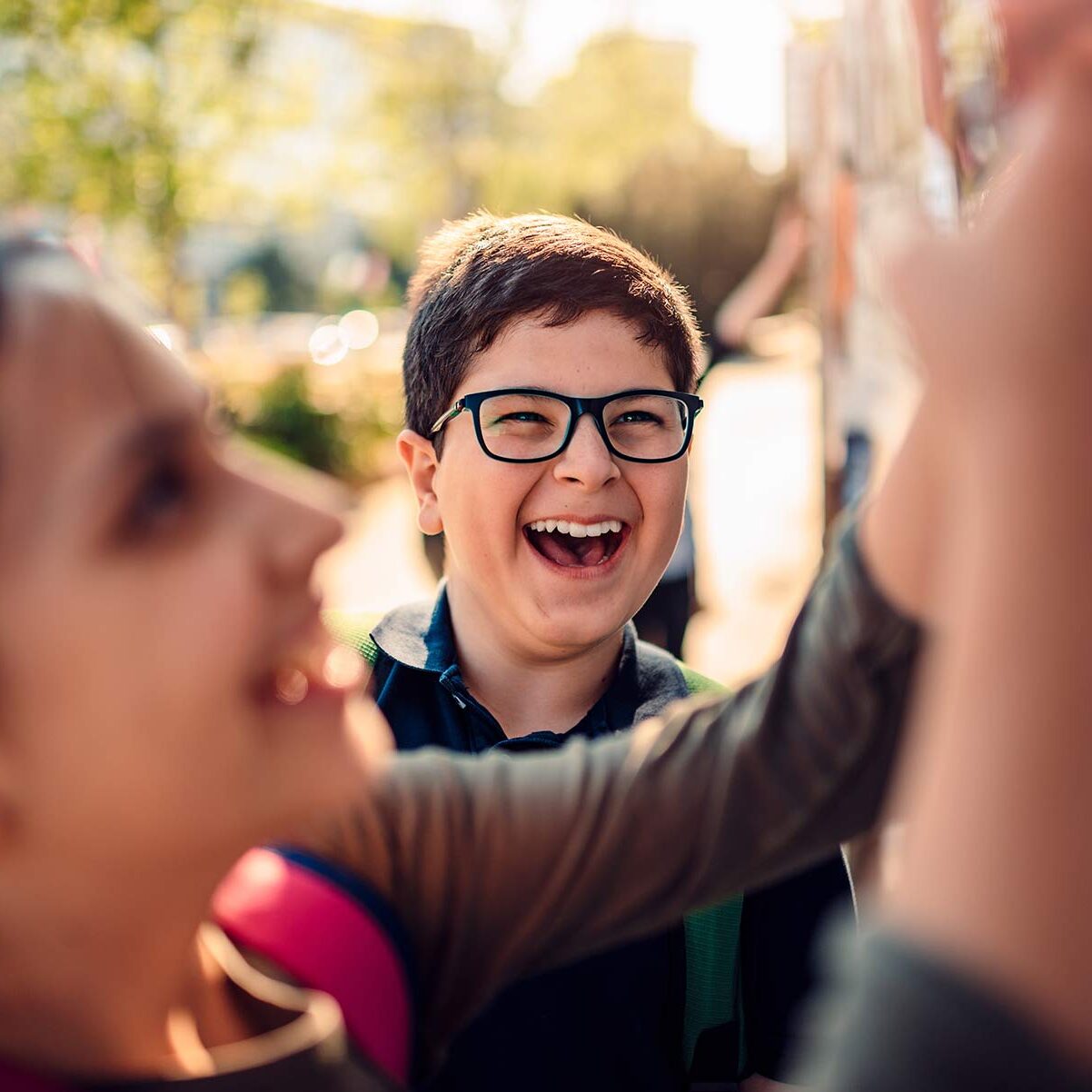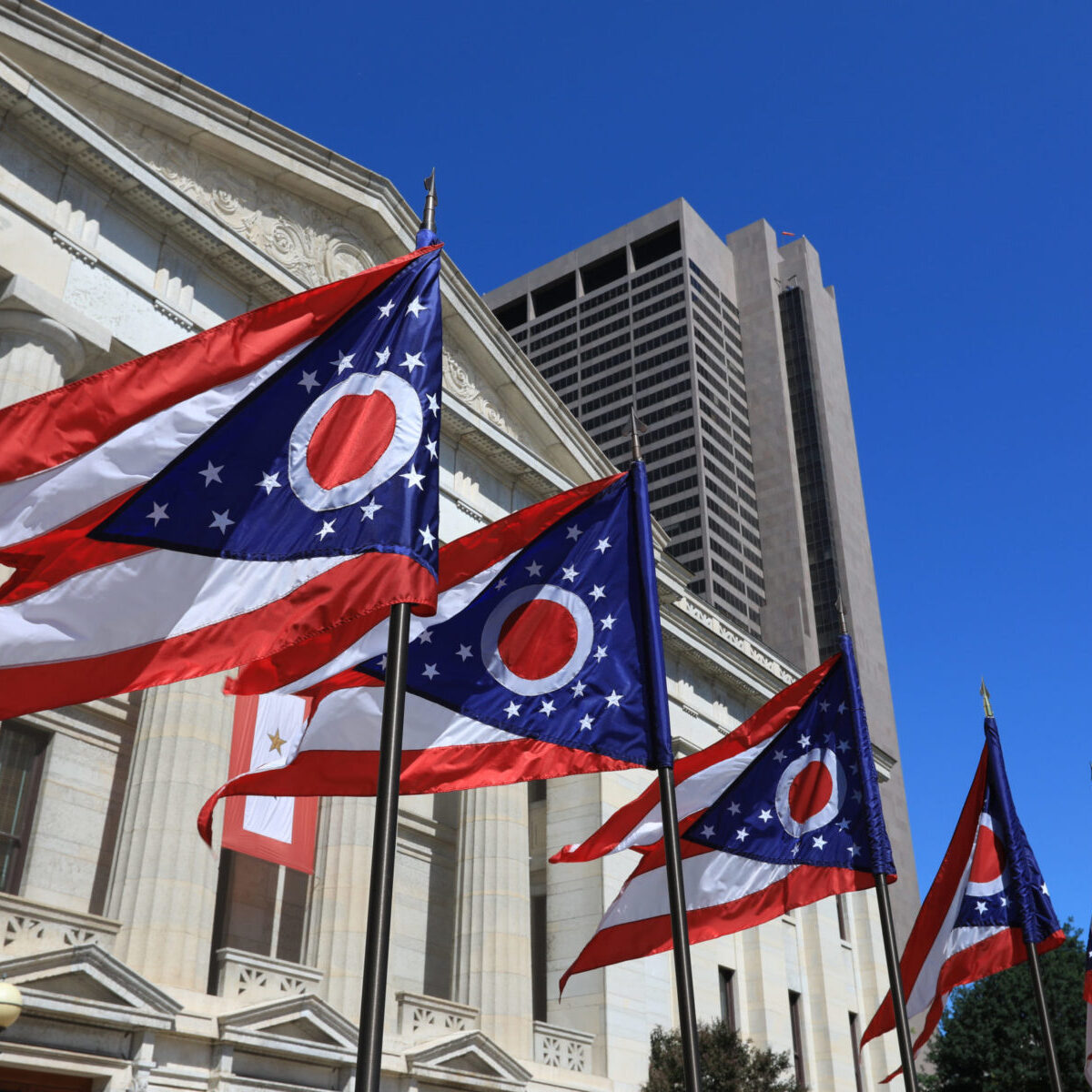
ABOUT THE AUTHOR
OhioKAN
OhioKAN Staff
The OhioKAN Staff is here to help kinship and adoptive families access all the resources available to them statewide.
When parents are unable to care for their child or children, foster care is neither the only nor necessarily the best solution.
For many, kinship care offers a positive alternative to state-arranged placement. Kinship care arrangements may be temporary or permanent. They may be formal, involving a child welfare agency, or informal, relying on family agreements made outside of the welfare or legal system. Currently, there are more than 2.5 million children in kinship care across the U.S.
Kinship caregivers can be anyone with an existing, positive relationship with the child or children in need of care, whether grandparents, aunts, uncles, other family members, step family, or family friends. There are a number of benefits to both giving and receiving kinship care, but the research on its power to generate positive outcomes points to a few factors that have especially long-term impact.
Minimizing Trauma
Imagine being a child and having to leave your parents, home, friends, school, pets, and siblings — simultaneously. Children in these situations unsurprisingly experience fear, loss, great sadness, eating and sleeping disturbances, separation anxiety, feelings of helplessness, and anger, and usually some combination of these.
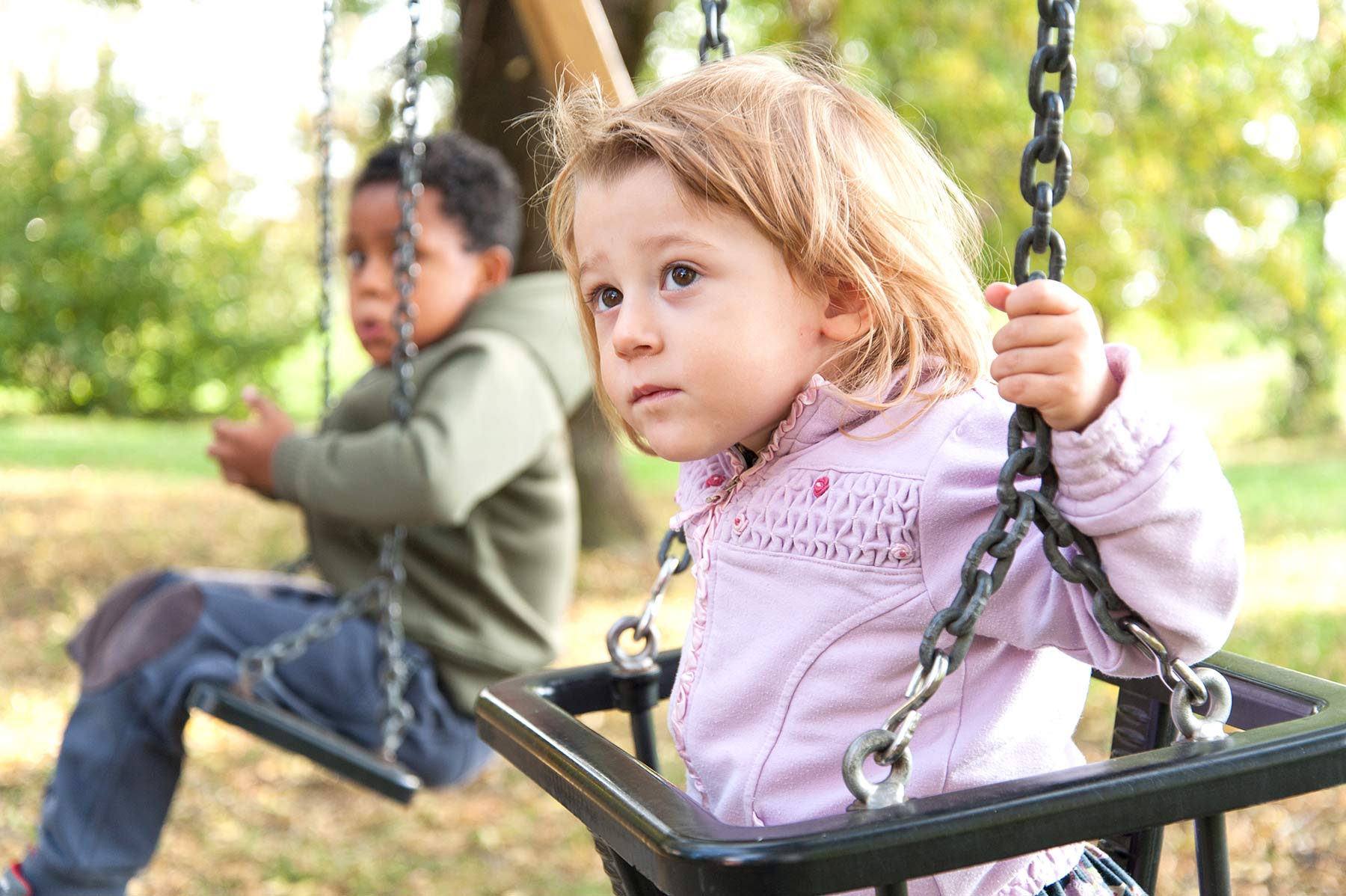
The trauma of removal can be greatly reduced by placement with someone the child already knows. In an ideal scenario, these kin live in the same community as the children, allowing for constancy with the same school systems, the same friends, and some sense of normalcy.
Many times, kinship caregivers are also willing to care for (or foster connections with) siblings, further reducing trauma due to separation and contributing to the well-being of all involved children.
Stability and Permanency
Research confirms that children in kinship homes experience increased stability, fewer placement changes, decreased likelihood of disruption, and fewer school changes. Stability is vital for children in both the short- and long-term.
Children living with kinship caregivers are also less likely to run away. These families are more likely to support each other through difficult times and challenging behaviors. In the long term, an overall increase in stability leads to higher levels of permanency, as children in kinship care experience less re-entry into foster care and are more likely to attain permanency through guardianship, custody, or adoption.
Belonging
Connections are critical to healthy child development and a sense of belonging. Children in kinship families are more likely to maintain relationships with extended family. In turn, these relationships foster belonging and expand and strengthen support systems. Reduction in trauma, increased stability, permanency, and connection all contribute to better behavioral and mental health outcomes.
OhioKAN is a program of Kinnect, a nonprofit with one fundamental goal: to help place children in foster care with a permanent family. We believe that all youth deserve the right to heal and grow in a safe and loving family. Many public and private agencies exist that work toward this goal, and Kinnect helps coordinate their efforts to achieve the maximum benefit for children in need.





